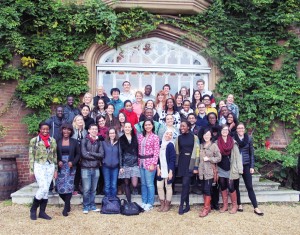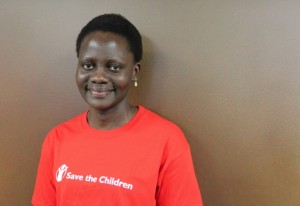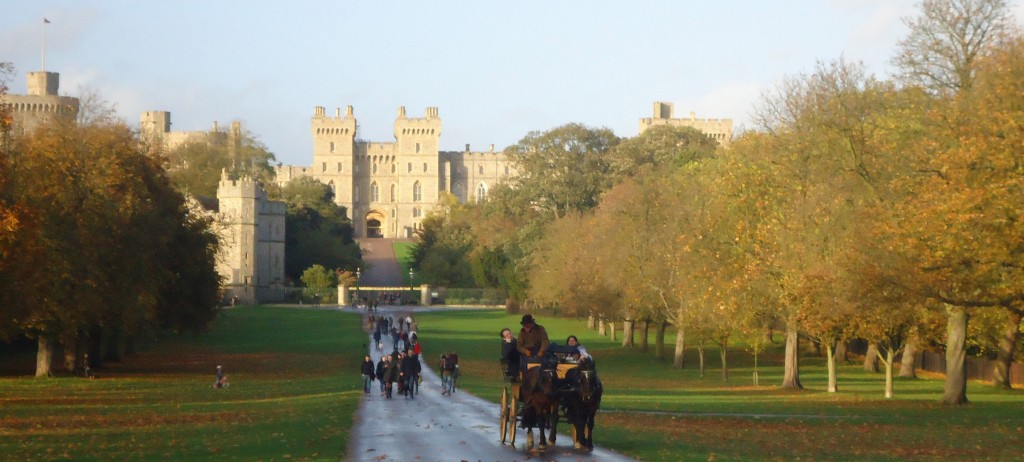By Fiona Mungai (PfAL4, Kenya) and Yusuf Kiranda (PfAL4, Uganda)
The recent collapse of the International Criminal Court (ICC) case against Kenya’s President Uhuru Kenyatta does not come as a surprise. The turn of events was perhaps expected owing to the incessant failure of the Prosecutor, Fatou Bensouda, to gather crucial evidence against the President. Uhuru Kenyatta faced charges of crimes against humanity after a wave of violence erupted following the 2008 elections. Besides this development setting precedence as the first trial to challenge the pertinence of the international courts in delivering justice to Africa, it raises fundamental questions regarding the future of the ICC.
For the full article, please visit the Africa@LSE blog.



